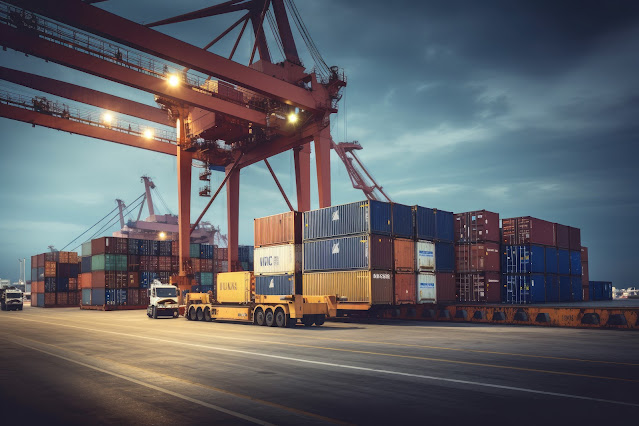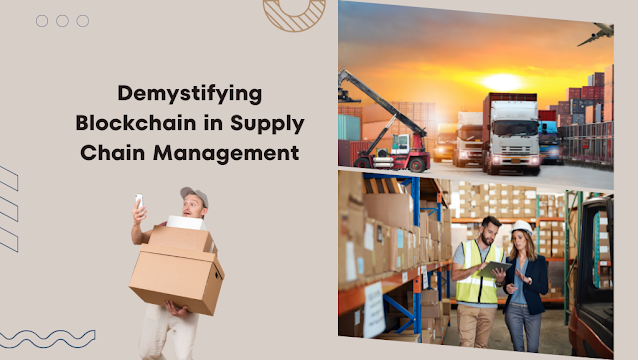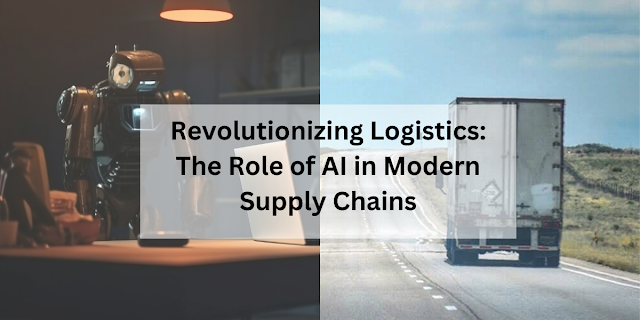Navigating the Future: AI-Powered Route Optimization in Logistics
In the ever-evolving landscape of logistics, where timely deliveries and cost-efficient transportation are paramount, the role of artificial intelligence (AI) has emerged as a game-changer. One of the most notable applications of AI in logistics is route optimization – a process that not only enhances delivery efficiency but also paves the way for a more sustainable and customer-centric future.
Route Optimization and Its Challenges
Traditional logistics routes are often laden with challenges – traffic congestion, road closures, and unpredictable weather conditions, to name a few. These factors can lead to delays, increased fuel consumption, and elevated transportation costs. Manual route planning, while a feasible approach, lacks the precision required to tackle these dynamic challenges effectively.
The AI Advantage in Route Optimization
Enter AI-powered route optimization, a technology that revolutionizes the way logistics companies navigate these challenges. By harnessing the power of machine learning algorithms and real-time data, AI can compute the most efficient routes that consider factors such as traffic patterns, delivery windows, and fuel efficiency. This results in minimized travel times, reduced fuel consumption, and ultimately, lower transportation costs.
Real-Time Data for Real-Time Decisions
The core strength of AI-powered route optimization lies in its ability to process real-time data. Advanced GPS systems, traffic monitoring, and weather forecasts feed into AI algorithms, enabling them to make dynamic decisions on the fly. For instance, if an unexpected traffic jam occurs, the AI system can swiftly recalculate routes, ensuring that delivery schedules remain on track.
Last-Mile Delivery Precision
In the realm of last-mile delivery, where timely arrivals are paramount, AI-driven route optimization truly shines. Package deliveries to homes and businesses often face unique challenges due to varying delivery windows and customer preferences. AI algorithms take into account these intricacies, ensuring that deliveries are not only efficient but also tailored to customer needs.
A Greener Tomorrow
Beyond immediate efficiency gains, AI-powered route optimization aligns with the growing emphasis on sustainability. By minimizing fuel consumption and reducing vehicle emissions, these technologies contribute to greener logistics operations. This not only benefits the environment but also aligns with changing consumer expectations for eco-friendly business practices.
Challenges and Future Prospects
While AI-powered route optimization presents an array of benefits, its implementation is not without challenges. Integrating these technologies into existing logistics systems, training staff to understand and use the systems effectively, and addressing potential data privacy concerns are areas that require careful consideration.
Looking ahead, the future prospects for AI-powered route optimization are promising. As AI algorithms continue to evolve and gather more data, their predictive capabilities will improve, leading to even more accurate route suggestions. Additionally, advancements in autonomous vehicles could further enhance route optimization by allowing vehicles to communicate with each other and adjust routes in real-time.
In conclusion, AI-powered route optimization is ushering in a new era of logistics efficiency. By harnessing the capabilities of AI and real-time data, logistics companies can navigate challenges more effectively, optimize costs, and provide a superior customer experience. As this technology continues to mature, it holds the potential to reshape the logistics landscape, making deliveries faster, greener, and more precise than ever before.
Also Read - Demystifying Blockchain in Supply Chain Management



These days, automated route planning tools are widely used in businesses and for personal purposes. One corporate option that can assist you in planning and defining the ideal route is route optimization software. Selecting software is more of a need than a choice.
ReplyDelete